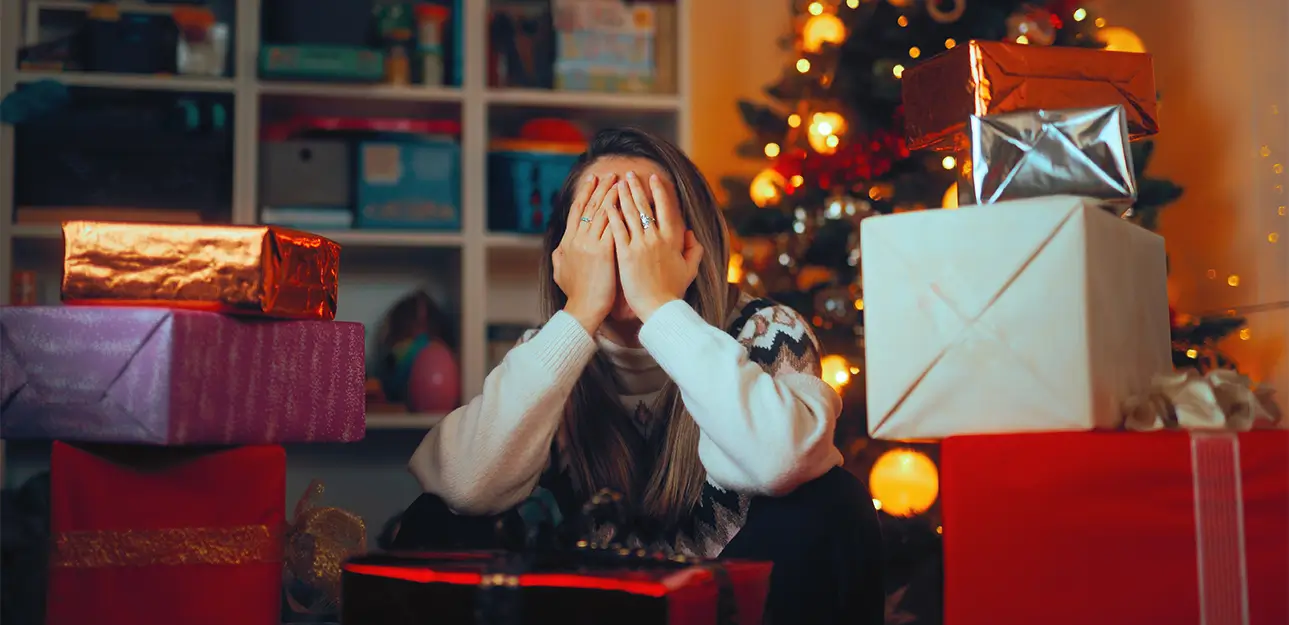
Relationships 2025 – Then or now; which is better?
Last year I found myself dressed up like Queen Charlotte from Bridgerton delivering lectures to people from all around the world about Love In the Time of Jane Austen. Australians, Japanese, Americans, French - everyone banging on about how romantic it was then and how difficult it is now…
Guess what - that isn’t strictly true at all!
Granted, us women are no longer lounging on a sofa in a drawing room waving a fan at some random fella in tight trousers and a wig; and waiting to be asked to dance. To some that might have been considered romantic and easier, but not to me and we’re not here to judge.
Yes there might well be some out there nowadays who wish that women were not as independent, strong, some say ‘bolshie’ as many of us are. Personally I would say that these changes are better for all concerned don’t you think?
It’s just as well that we are living in 2025, because in many ways this is the best time in history to be in a relationship and here’s why - Yes, it is often way more complicated but at least we can now choose our own complications.
We no longer have to do exactly what we are told by our families and society. As long as we use a bit of common sense we can create something that works for us, and whoever we choose to partner up with.
Definitions
Then - for these purposes let’s think of ‘then’ as the late 1700’s going forward to the 1970’s. (You would think surely there must have been a lot of changes in that amount of time, and there were - however don’t let the lengths of skirts fool you, ask your grandparents and you may find that not as much has changed as you may have thought…)
Now - the 21st Century, where we are at this very moment in 2025.
Before the relationship
How do you find someone? Where do you find someone? Who helps you find someone? What kind of someone do you want, and what kind of someone are you allowed to have?
Then :
If you lived in Bridgerton times you were most certainly not finding your own someone! You weren’t allowed to go out on your own, and you couldn’t talk to people you didn’t already know. You could meet people at organised balls or working in the fields, or somewhere in-between. You hadn’t much say in the matter - and your relatives told you what kind of person you were allowed to have.
Now :
You can meet someone on the bus, you can meet someone online. In church, with your pineapple upside down in the supermarket, picking your child up from school, at work, or at a silent disco. If there are people drawing breath - get your skates on and go out and meet them. It’s all up to you.
As for what this person will be like - well that’s also up to you. They can be older, younger, from a different country, a different religion, the same gender - the possibilities are endless. If you can find them then you can have them, as long as they are willing to ‘go for coffee’.
During the relationship
What kind of relationship are you going to have? Where will you set up house? What kind of family will you have? How will daily life run in your house?
Then :
There was not much wiggle room in the old days for what your relationship could look like. The answer to that question was simple; just like everyone else’s - not even a teeny-tiny bit different. If you thought you could get away with going a bit off-piste with how you both set yourselves up there was almost no chance that you would be allowed. No moving to an ashram in India or giving pottery classes. You did as you were told.
You would live according to your financial circumstances. You would have children, unless it was not possible. You may have a relative or two living with you as well.
The woman would be in charge of the running of the household, whatever the financial circumstances were. The man would, in most cases, be the person who created the finances to pay for the petticoats and ponies.
Now:
You can be married, but you don’t have to be. You will usually be living under the same roof and sharing a comfy bed together, but not always. I have friends who are married but live in separate ends of the country, sometimes even on different continents - it doesn’t work for me but is fine for some.
You might be a ‘blended family’, people coming together with children from previous relationships. You might have adult children living at home with you. Chances are both people in the partnership will participate equally, or close to it, with child rearing responsibilities and household maintenance.
As for finances, that could be anything. She is the main breadwinner and he is a house-husband. There are equal salaries coming into the household and both people have careers that are very important to them. The economy being what it has been for a while, and our ‘need’ for holidays etc you will now find that usually both people have to work outside the home.
As we have looked at what is different between now and then, let’s take a look at what is the same… Ask ‘what are the things that are truly important to a successful relationship?’ and you will get a range of answers. You might have your own list but here are eight of the most common answers that people give me, along with their dictionary definitions.
Trust : ‘a firm belief in the reliability, truth, or ability of someone or something’. Most of us believe that without trust a relationship will have difficulty surviving as it is the basis of a solid foundation.
Commitment : ’the state or quality of being dedicated to a cause, activity’. Your relationship is a central cause/activity in your life and you will want to feel that you both are as invested in its success as each other.
Compatibility : ‘a state in which two things are able to exist or occur together without problems or conflict’. The definition of compatibility has expanded over the past decades. It is no longer ‘two people who are just like each other’ but more in line with the definition above. Do you complement each other, is more important than ‘are you exactly like each other’.
Infidelity : ‘the action or state of being unfaithful to a spouse or other sexual partner’. Different people have differing views on this, just be sure that both of you are in agreement on what it means in your relationship.
Respect : ‘a feeling of deep admiration for someone or something based on their qualities’. I would also add ‘respecting each other’s role in the relationship’. Equality is key.
Honesty : ‘Being truthful in what we say and do’. This is more important to some than others, I am such a person. This is something else to discuss in the beginning of a relationship and make your feelings known.
Shared values : ‘Morals, values, outlook on life’. It is easy to feel that this isn’t important but it can be, especially if you plan on raising children together
Love : ‘a multifaceted concept encompassing strong affection, emotional attachment, and a range of positive feelings towards a person’. The fact is that there is no one definition of love that is right or wrong, it is up to the both of you to decide.
So, you can see how some things have changed over the years and are now quite different - but the truly important building blocks for a successful relationship are the same as they always were. Hopefully that will continue forevermore.
About our Team
A familiar face from television - Jenni is the queen of all hearts, sharing tips and enhancing lives through her wealth of expertise in the realm of relationships and wellbeing - both inside and outside of the bedroom.
Related Articles
Sales Enquiries
Mon-Sat: 9:30am - 5:30pm
Sunday: 10am - 4pm
Customer Service
Mon-Sat: 09:30am - 17:30pm
Sunday: Closed
customerservice@mattressonline.co.uk












